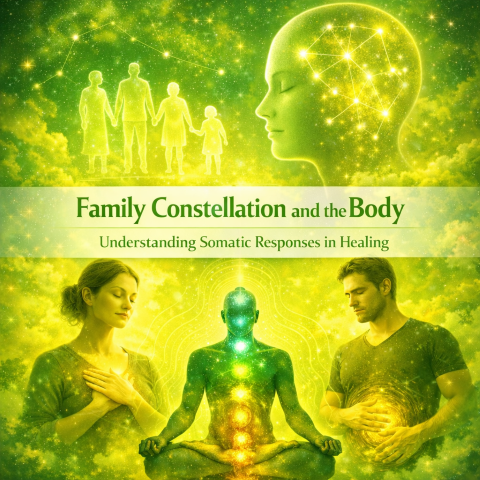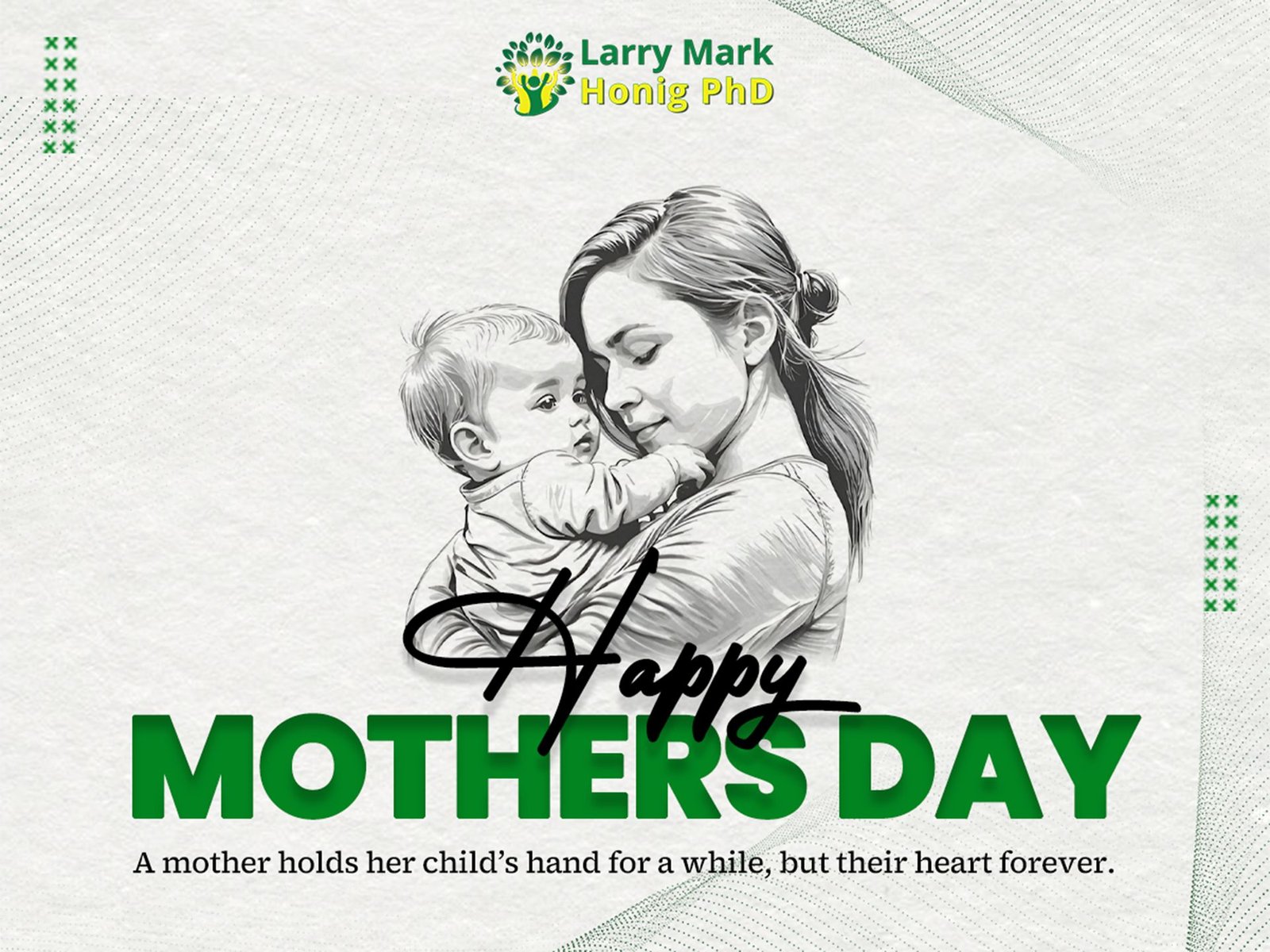Self-Reflection, Personal Growth and Change
Personal growth and change require self-awareness. If we don’t know what could be better about ourselves—whether our actions, our responses, or our mood and attitudes—how can we decide to learn, grow, and change. But often self-awareness comes from an unhealthy place. All the critical voices of those well- and not-so-well-intentioned people in our past—whether parents, teachers, bosses, or even friends—can still haunt us.
So, the first step is some kind of self-acceptance. Can you accept that there are things you are wanting to change or are unhappy about in yourself in a new way—not critical but constructive. Can you actually love all the parts of yourself, the messy parts, the broken parts, as well as those things you are happy with, that you can be proud of. The energetic space required to really move forward is one of expansion not contraction.
Embracing the Messy Parts
Sometimes we think that forgiving ourselves for what isn’t right is a way of letting ourselves off the hook. The paradox is that you can own it all in a hopeful and positive way and still have the motivation to change your future behavior or your attitude and perspective in spite of the urge to feel otherwise. Embrace the unhealed messy broken parts of yourself with discernment but not judgment. Allowing yourself to move forward in a different way without forcing yourself with pressure.
The journey of self-reflection is not about fixing what is broken, but rather about embracing what is already whole within us. When we stop analyzing ourselves through the lens of past criticism and instead stand still in the presence of our own truth, we create the conditions for real transformation. Growth does not come from force or pressure, but from the quiet acceptance of what is—without resistance, without judgment. In this stillness, we find the freedom to move forward, not as a reaction to self-criticism, but as a natural unfolding of self-awareness and personal expansion.
The Phenomenological Approach
One of the things I like about the Constellation work is what Bert Hellinger called the phenomenological approach. Looking at things as they are without analysis, evaluation, or explanation. No need to explain “Why?” Accepting what is just as it is. Letting the truth be revealed without denying its reality or wishing it weren’t so. On some level, nothing is good or bad, right or wrong, and guilt or innocence are not for us to decide. When we embrace the reality of our emotional responses and stand still in the face of it—even with the wish to hide from the dark things or run from them—that is where the magic happens.
Deeper into the Family Constellation:
If you’d like to dive deeper into the Family Constellation Therapy and Self-Reflection perspective, I’ve written another post on uncovering hidden generational dynamics and how they shape our emotional well-being. Feel free to check it out here: “Empowering Family Connections: Powerful Setps for Setting & Respecting Healthy Boundaries”. By understanding the roots of generational trauma, we can create a clear path toward lasting change and more authentic relationships.

Family Constellation Therapy
Larry Mark Honig, PhD
Empowering families through transformative and compassionate constellation therapy.








Add your first comment to this post
You must be logged in to post a comment.